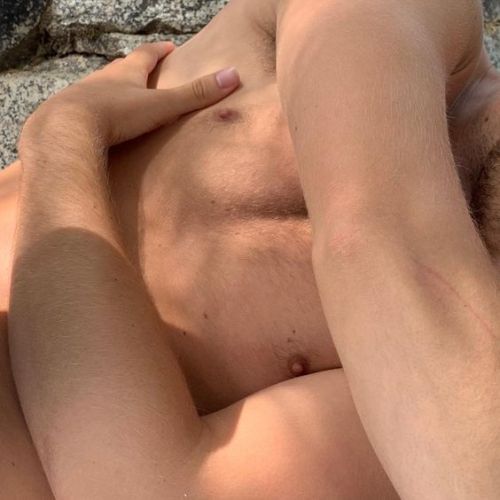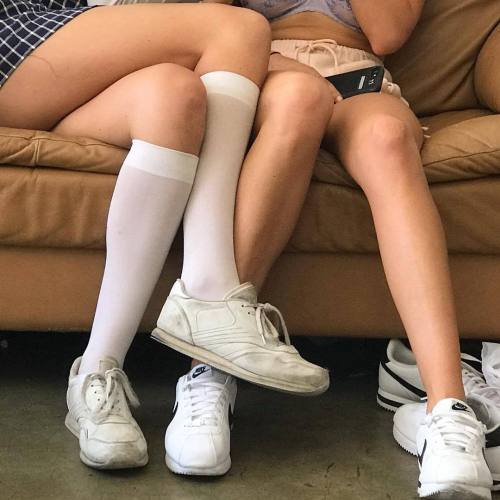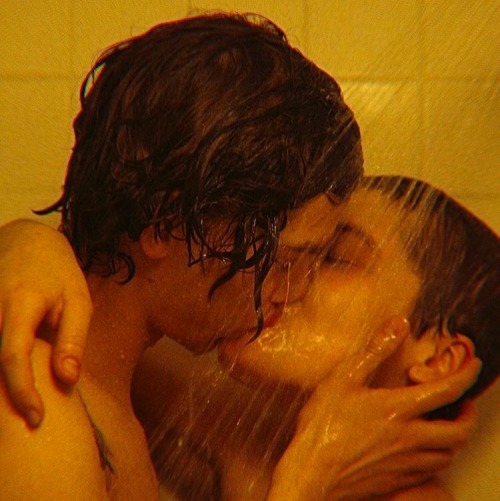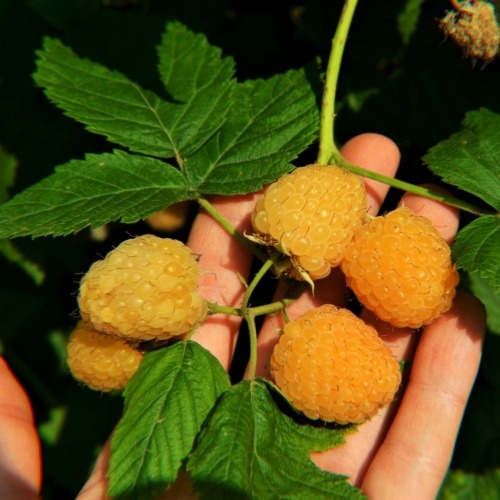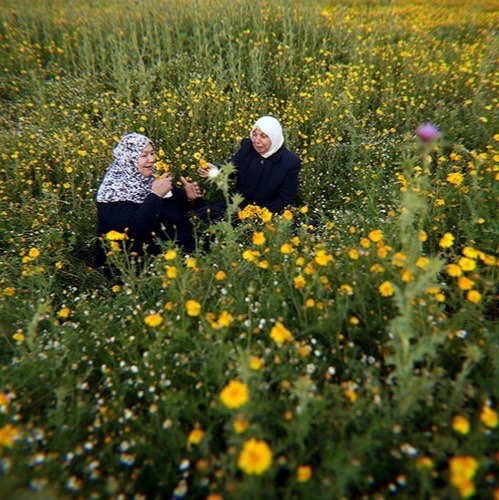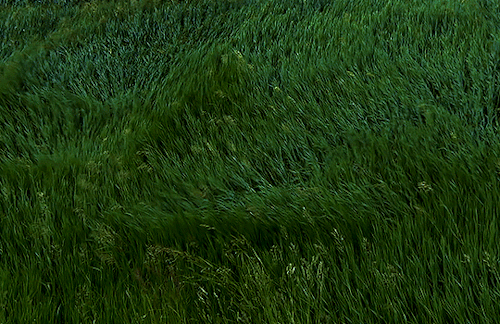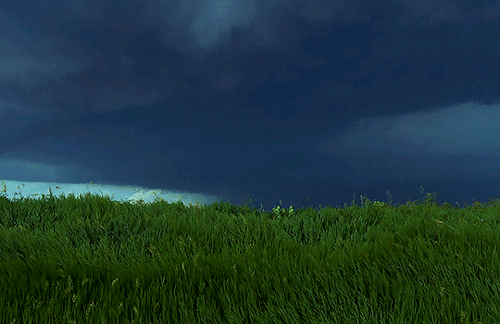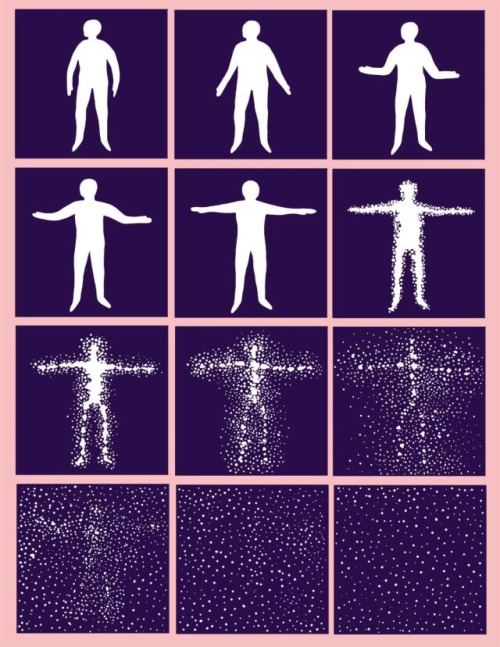155 posts
Latest Posts by kakieoan - Page 5
"Westerners have told the history of Hawai’i as an inevitable if occasionally bittersweet triumph of Western ways over ‘primitive’ Hawai’ian ways... To know my history, I had to put away my books and return to the land. I had to feel again the spirits of nature and take gifts of plants and fish to the ancient altars. I had to begin to speak my language with our elders and leave long silences for wisdom to grow. But before anything else, I had to learn the language like a lover, so that I could rock with her and lie at night in her dreaming arms."
- HAUNANI-KAY TRASK, A HISTORY WRITTEN IN BONE









Happy Juneteenth! Here’s some info about Juneteenth becoming a national holiday & what that means for us.
Day after day I think of you as soon as I wake up. Someone has put cries of birds on the air like jewels.
—Anne Carson, “Short Talk On Le Bonheur D’Etre Bien Aimée“ from Short Talks. Brick Books, 1992
“Ask permission. Before cutting the branch of a tree or removing a flower, tell the spirit of the tree or plant what you are going to do, so that they can withdraw their energy from that place and not feel the cut so strong. When you go to nature and want to take a stone that was in the river, ask the river keeper if he allows you to take one of his sacred stones. If you have to climb a mountain or make a pilgrimage through the jungle, ask permission from the spirits and guardians of the place. It is very important that you communicate even if you do not feel, do not listen or do not see. Enter with respect to each place, since Nature listens to you, sees you and feels you. Every movement you make in the microcosm generates a great impact on the macrocosm. When you approach an animal, give thanks for the medicine it has for you. Honor life in its many forms and be aware that each being is fulfilling its purpose, nothing was created to fill spaces, everything and everyone is here remembering our mission, remembering who we are and awakening from the sacred dream to return home.”
— Getting To The Root
“As they become known and accepted to ourselves, our feelings, and the honest exploration of them, become sanctuaries and fortresses and spawning grounds for the most radical and daring of ideas, the house of difference so necessary to change and the conceptualization of any meaningful action. Right now, I could name at least ten ideas I would have once found intolerable or incomprehensible and frightening, except as they came after dreams and poems. This is not idle fantasy, but the true meaning of “it feels right to me.” We can train ourselves to respect our feelings, and to discipline (transpose) them into a language that matches those feelings so they can be shared. And where that language does not yet exist, it is our poetry which helps to fashion it. Poetry is not only dream or vision, it is the skeleton architecture of our lives.”
— From the essay ‘Poetry Is Not a Luxury’ in Audre Lorde’s Sister Outsider: Essays and Speeches (1984)
“What’s difficult about being from Hawaii is that everyone has a postcard view of your home. Hawaii lives vividly in people’s minds as nothing more than a weeklong vacation – a space of escape, fantasy and paradise. But Hawaii is much more than a tropical destination or a pretty movie backdrop — just as Aloha is way more than a greeting. The ongoing appropriation and commercialization of all things Hawaiian only makes it clearer as to why it is inappropriate for those with no ties to Hawaii, its language, culture and people to invoke the Hawaiian language. This is uniquely true for aloha – a term that has been bastardized and diminished with its continual use. Most who invoke the term aloha do not know its true meaning. Aloha actually comes from two Hawaiian words: Alo – which means the front of a person, the part of our bodies that we share and take in people. And Ha, which is our breath. When we are in each other’s presence with the front of our bodies, we are exchanging the breath of life. That’s Aloha.”
— Janet Mock (via wattaabunkamamuti)

Naomi Shihab Nye, from Fuel: Poems; “Darling”









‘Flowering Trees of the Orient’ (1921).
Garden catalogue from A. E Wohlert, the Garden Nurseries.
U.S. Department of Agriculture, National Agricultural Library.
archive.org







Palestine in Fertile Memory (Michel Khleifi, 1980)
“The less love you put into things the more they resemble one another. The same goes for stories, everyone knows them by heart, but when someone tells them with love, I don’t know, they seem new…that’s what I think anyway.”
— Andrés Neuman, Traveller of the Century (trans. Nick Caistor & Lorenza Garcia)
school schedules are designed in such a way that kids are deprived of adequate food and sleep. the sleep piece has been written on extensively, but it’s quite plain that requiring young people to wake up at 6am during the developmental phase when they need the most sleep and tend to stay up later is a terrible public health move.
from an eating perspective, it’s just as bad. say a middle or high schooler eats breakfast (if they even eat breakfast) at 7am, then doesn’t eat lunch until 11-12 (and lunch is often inadequate), then has after-school activities, etc. and may not get home until late afternoon, or eat dinner until evening. and kids in school are not generally allowed to snack in class or given time to snack between classes. these gaps between eating times are way too big for adolescents! they need a lot of food–more than adults–to support the growth process, just as they need more sleep.
it’s no wonder many kids start eating reactively in their teens, especially after school or at night–they’re not being adequately fed during the day. even if kids aren’t restricted from eating freely/fully at home, their daily lives regularly involve periods of energy deficiency. add to that the social pressures around body size, and it’s a recipe for disorder at an epidemic level






Merata: How Mum Decolonised the Screen (2018) directed by Heperi Mita

The oldest Mexican cookbook in the University of Texas at San Antonio’s (UTSA) collection was never meant for public consumption. Handwritten in 1789 by Doña Ignacita, a woman who probably served as the kitchen manager for a well-to-do family, the manuscript includes recipes for such specialties as “hidden vegetable stew,” or potaje escondido, and an orange-hued soup called zopa de naranja.
….
“I’ve had students in tears going through these, because it’s so powerful to see that connection with how their family makes certain dishes and where they originated,” UTSA Special Collections Librarian Stephanie Noell tells Atlas Obscura. “I want anybody with an internet connection to be able to see these works.”
⚠️ Signal Boost Please! ⚠️
If you are trans and received piss poor care from Planned Parenthood in Los Angeles, please DM me.
Im looking to collect accounts from fellow trans people who experienced denial of care or dehumanization whilst receiving treatment at PP—it does not have to be related to gender affirming treatment. Any testimony about poor treatment or misgendering is important.
A lot of people (rightly) support PP for their important work in reproductive justice but that doesn’t mean they are above reproach or that it excuses them from being shitty to marginalized people who come to them for care.
If you feel comfortable speaking to me, im looking to write and publish an article highlighting the perils of navigating the healthcare system as a trans person, specifically around reproductive healthcare and how entities like PP do little to improve their bedside manner/treat us with basic dignity and profit socially and financially because they gave us trans people a little healthcare as a treat. I want to stress that our conversations will remain confidential
We deserve better. We deserve to survive.
polynesians: have oral history that references a faraway land of andes-like mountains in the east, cultivated sweet potato (a plant native to central america, not the pacific), literally call sweet potato by the same word used by the quechua and aymara people indigenous to the andes, left physical remains on islands a few km off the coast of chile, have genetic links with native south americans
white academics: hmmm it's very doubtful polynesians contacted south america.. they probably just stopped permanently at easter island for some reason after systematically navigating the entire south pacific. the sweet potatos floated to them across the ocean





